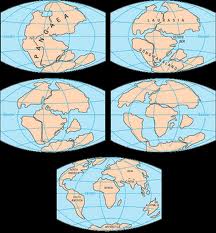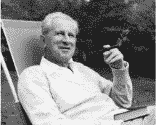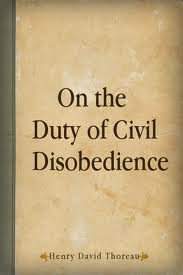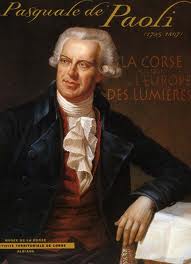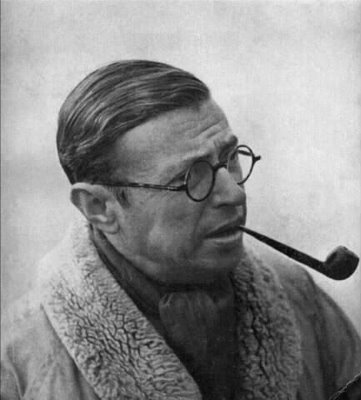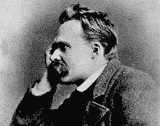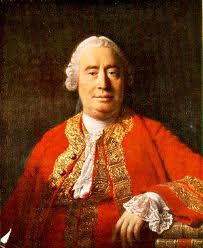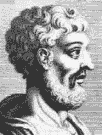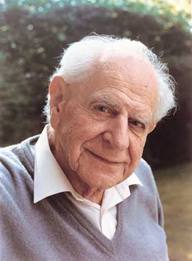William completed his Bachelor of Science and Master of Arts in 2013. He current serves as a lecturer, tutor and freelance writer. In his spare time, he enjoys reading, walking his dog and parasailing.
Article last reviewed: 2022 | St. Rosemary Institution © 2010-2025 | Creative Commons 4.0
Definition: Continental Drift It is the theory that the earth’s continents are constantly in motion and at one time they all collided together to form one massive continent about 300 million years ago! Pangaea (meaning “all lands”) began to break up and drift apart. Founder of the Continental Drift Theory Alfred Wegener came up with…
TRADITIONAL DOCUMENTARY Covers a person or event from the past. It uses only voiceover narration and a combination of archival media and created media (still images and video). It does not use interviews. TRADITIONAL DOCUMENTARIES WITH INTERVIEWS As above but with the addition of interviews to document the topic. CINEMA VERITE Covers present day events…
Herbert Marcuse (1898-1979) Socialist philosopher and German-Jew that fled World War II Germany and immigrated to the USA Wrote One-Dimensional Man to explain why widespread communist revolution had not happened One-Dimensional Man (1964) Capitalism uses advertising, consumerism, mass media, entertainment industry as a means of social control- produces conformity in what people desire, think Created…
The history of all hitherto existing society is the history of class struggles. Freeman and slave, patrician and plebeian, lord and serf, guild master and journeyman, in a word, oppressor and oppressed, stood in constant opposition to one another, carried on…a fight that each time ended either in a revolutionary reconstruction of society at large…
Conservatism is a preference for the historically inherited rather than the abstract and ideal. Believes society should be rooted in long-standing traditions and its institutions should reflect those traditions Why conservatives believe this: Movement began as a response to the French Revolution (1789)- people of France replaced monarchy with new forms of gov’t, resulting in…
Ideas laid out in The Republic (380 BCE) Individual human beings are not self-sufficient- can’t acquire all necessities of life working alone Thus, form communities in which we work for common goals Goals better achieved if each person specializes in a specific role (farmer, carpenter, merchant etc.)- Each person should ONLY perform task for which…
[B]asically, I am in Birmingham because injustice is here…. Injustice anywhere is a threat to justice everywhere. We are caught in an inescapable network of mutuality, tied in a single garment of destiny. Whatever affects one directly, affects all indirectly. Never again can we afford to live with the narrow, provincial “outside agitator” idea…. You…
Thoreau (1817-1862) was an American naturalist and writer. This work of his has become the basis of non-violent protest throughout history and the world. Thoreau believed that nonviolence or passive disobedience was necessary whenever government edict conflicted with higher moral law- the ideal natural law, from which human law was derived. I heartily accept the…
Justice as Retribution Retributive justice is based on belief those who break the law should be punished severely Many who believe in this also believe that the punishment should fit the crime- long standing biblical principle: And he that killeth any man shall surely be put to death… And if a man cause a blemish…
Philosophy is… …Seeking after wisdom or knowledge, esp. that which deals with ultimate reality, or with the most general causes or principles of things and ideas and human perception and knowledge of them, physical phenomena (natural philosophy) and ethics (moral philosophy)- Concise Oxford Dictionary …An activity- the attempt to understand the general principles and ideas…
Existentialism: a philosophical movement that focuses on individual autonomy and the necessity of making reasoned decisions for oneself. Jean-Paul Sartre, (1905-1980) French author and philosopher Best-known proponent of humanistic existentialism A Marxist advocate of political causes French resistance fighter of WWII Winner of the Nobel Prize for literature Sartre was an atheist who believed that…
Nietzsche attacked traditional ethical theories, especially those rooted in religion. He rejected the view that people are ultimately accountable only to God. He did so because he believed that human life had no moral purpose except for the meaning that human beings gave it. Nietzsche was extremely critical of most traditional ethics. He called Utilitarianism…
Ethical Relativism: there are no common, universal, or objective values. Moral values are developed by individual peoples, groups, or cultures to fit their unique conditions. Relativists say that all moral rules are equally acceptable, because there is no way of judging between them. They do believe in moral right and wrong, but they do not…
Correspondence Theory Best known, most widely used conception of truth Maintains there is a relationship (correspondence) between people’s internal beliefs and realities in the external world (truth means agreement between thought and reality) Belief is true if it agrees with fact or coincides with the physical world or objective reality Truth claims should be checked…
Born in Scotland (1711-1776) Adopted and refined some of Locke’s theories In addition to philosophy, was a historian and essayist Some call him “the most important philosopher ever to write in English” Hume’s Answer to the Quarter Experiment: When you are observing something, like a quarter, for instance, you are not observing the quarter but…
In the Hellenistic and Roman periods after Plato, there were two kinds of Skeptics, and they were something like rivals: the Academics and the Pyrrhonists (stemming from Pyrrho of Elis, c. 360 – 270 B.C.). Sextus Empiricus was the last great Pyrrhonist. The Academics, according to Sextus, maintained that “all things are inapprehensible,” whereas the…
He argued that it is only through the free investigation and testing of ideas that knowledge can be moved forward. He believed that it is not generally possible to prove the truth of any theory or idea with certainty. We can have only probable knowledge, and search for evidence with examples that support our views.…
We examine the ideas developed by scientific philosophers, and the questions they asked, including: What are the characteristics of a good scientific method? How do we know if knowledge is supported by data? What is a “cause”? What role does observation and reason play in science and in everyday life? Is science purely rational and…
Critical thinking -involves two major tasks: judging the value of information and judging the strength of arguments. We decide what to believe or do based on making such judgments. Relevance Determining whether the information or arguments presented have any bearing on the matters at hand Irrelevant information or argument should be rejected. Examples: A charge…
Inductive Generalization uses specific examples to draw general conclusions. People use inductive generalizations to observe situational patterns which they project on new cases. What pattern do you see in the following premises? Premise: In the 1950s, one out of five households in North Bay had a television set. Premise: In the 1970s, four out of…

